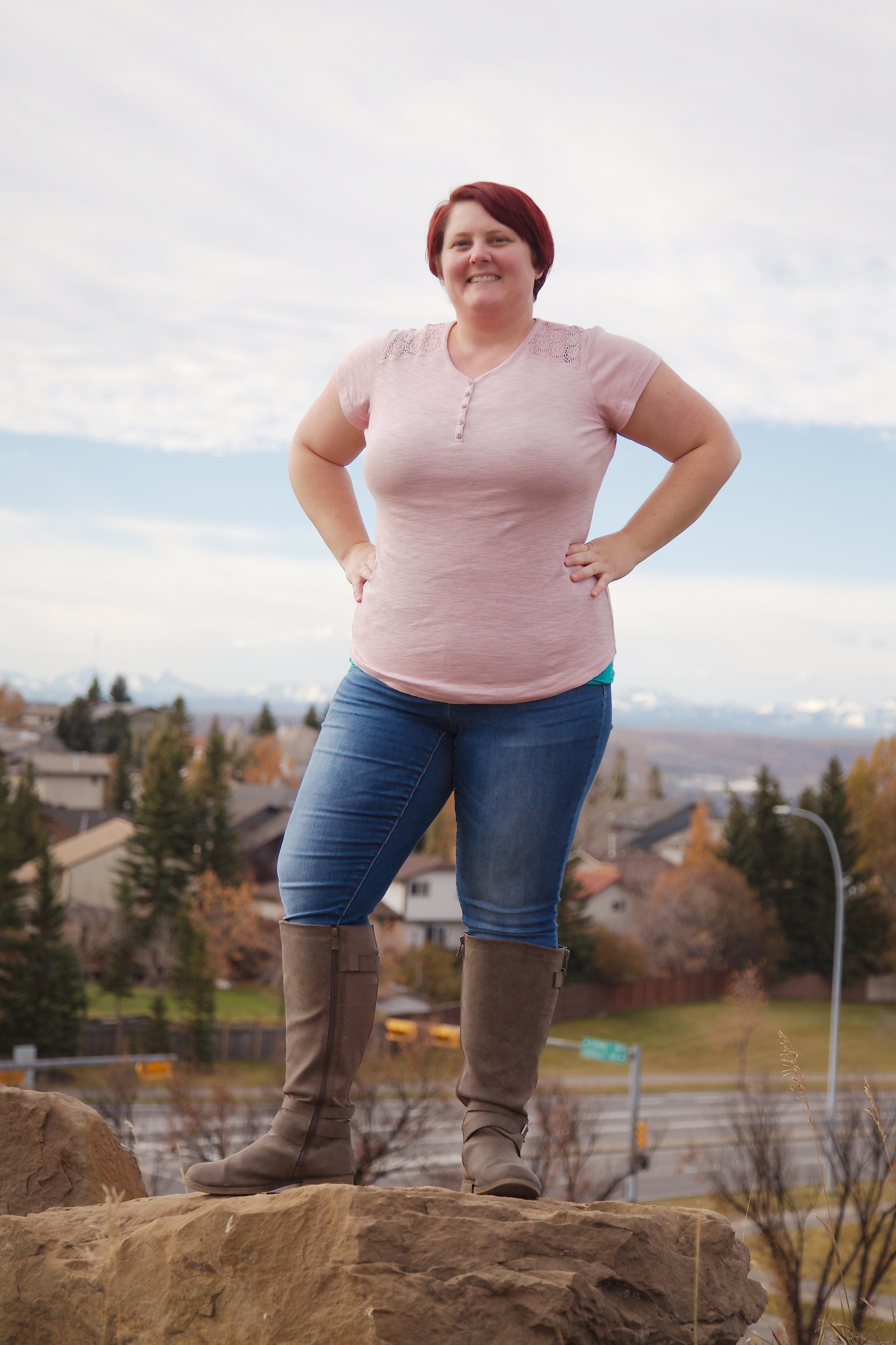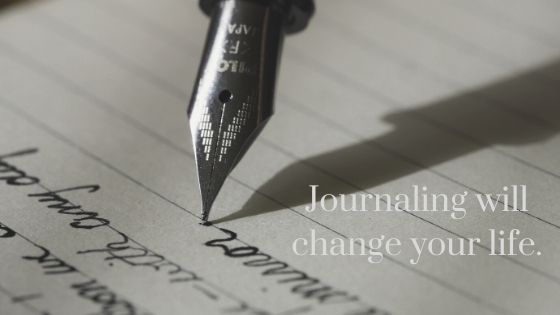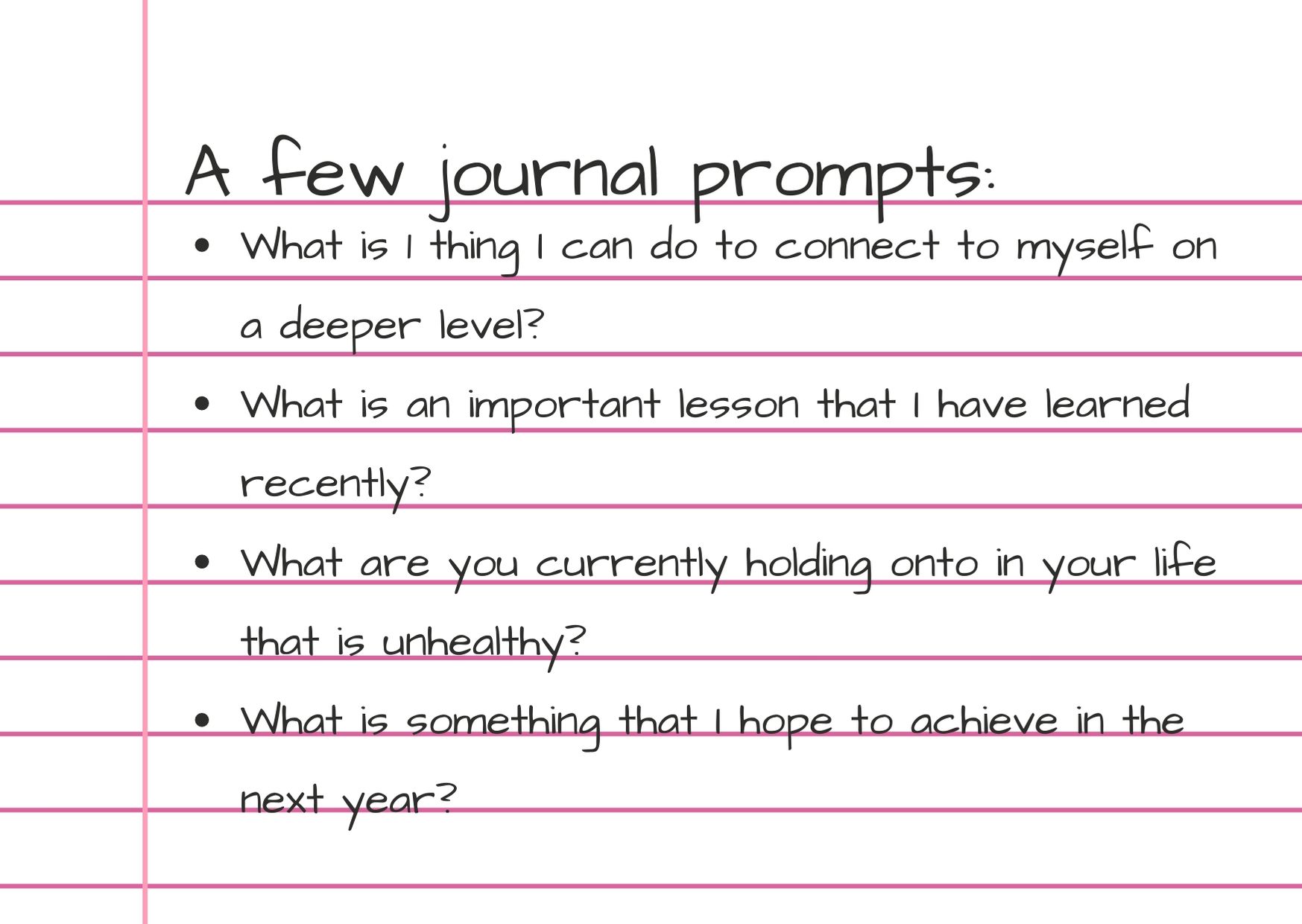5th grade was the time in my life when I learned the importance of writing. I had an amazing teacher, Mr. Casetta. He fueled my love of writing with a simple exercise. 5th grade was a tough year. My grandfather passed away and so did our family dog. I was really struggling to cope with the losses. I was extremely close with my grandfather and because of how he died and being in ICU, we (us kids) weren’t allowed to say goodbye.
Mr. Casetta (who is also a writer and I believe now has published a book or two) told me to get a notebook out and write a letter to both my grandfather and my dog. So this is what I did. I remember crying as I wrote both of them but I put them both in envelopes and put the letter to my grandfather in his casket with him and sealed the one for my dog. I can’t remember if I gave it to my parents or exactly what I did with it.
Even at the age of 10, I noticed the feeling of relief that I felt after I had written those letters. A feeling of peace washed over me and I felt closer to them that I had for a little while. As the school year went on, I began to journal more and more. Spilling my thoughts and feelings out onto paper helped to release the pressure that I was feeling.
From then on, I was hooked on writing. I wrote books and stories. I wrote speeches. I wrote poetry. I wrote anything and everything that I could. Even then I would get compliments for everything that I wrote. I won a couple of awards and grew up wanting to be a writer. My love of writing continues to this day.
WHY SHOULD YOU JOURNAL
When you think of journaling, you probably think of the journals we had as kids. The ones that locked with the little key that kept all of our secrets hidden away. Oh, the good old days. You can easily add journaling into your day as an adult though and here are some reasons as to why.
IT ALLOWS YOU TO RELEASE ALL OF THE THOUGHTS GOING THROUGH YOUR HEAD
You are already dealing with 1,001 things going through our mind every day so why not alleviate them if you can. Journaling helps to get your thoughts out on paper. Putting things down on paper helps you to clear your mind from all of that clutter.
CLEARING CLUTTER MEANS YOU CAN CHOOSE WHAT TO FOCUS ON
When your brain is filled with chaos, it is hard to determine what to focus on. It can help you prioritize what you need to do throughout the day. Put your focus on what truly needs your focus and not on unnecessary items.
JOURNALING CAN HELP YOU DEAL WITH TRIGGERS
We all have triggers of some kind. It can be caused by trauma or just a part of life. To help learn and recognize your triggers, writing about them will help. Write out your feelings at that moment. Write out what lead up to you having a specific trigger. These journal entries will help you learn to better control and manage your triggers.
TIPS TO START JOURNALING
JOURNAL EVERY DAY
It may seem hard at first but once you get into the habit, you will find yourself reaching for your journal automatically. If you do it at the same time every day, it will help to build the habit.
CHOOSE HOW YOU ARE GOING TO JOURNAL
Are you going to go “old school” and use a physical paper journal? (I prefer this way.) Or are you going to use a journaling app on your phone? Choose what works best for you. You can even do a combination of both. A journaling app that I recommend using is, DiveThru. This journaling app allows you to choose a theme and work through it.
KEEP THE JOURNAL NEXT TO YOUR BED
You can choose to journal in the morning or in the evening or hey, why not both?! Keeping the journal next to your bed means that you don’t have to go searching for your journal when you are ready to write. Keep it with a special pen and made it a daily self-care habit.
JUST WRITE
There is no wrong way to journal. Write paragraphs. Write in bullet form. Draw if you want to. Do a combination of drawing and writing. Just start doing it. It will get easier. Remember that no one is going to read it anyway so be honest and open in your journal.
Journaling is meant to be a stress reliever, a self-care habit, and a way for you to relax. Don’t overthink it. If you are struggling with what to write, here are a few journal prompts that you can use. If you are looking for more journaling ideas, follow my journaling Pinterest board.

Samantha Laycock is a blogging blogger. She has been blogging since 2014 and helps women begin their own blogs as a blogging coach. You can find her at www.samanthalaycock.com as well as on Facebook and Instagram as @creativepurposeblogging.


